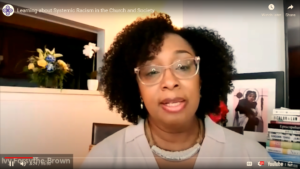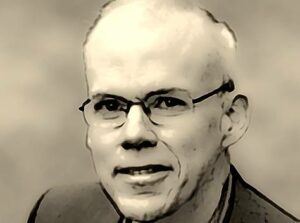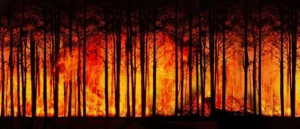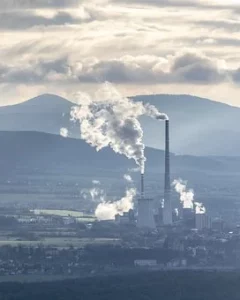
Dr. Ivy Forsythe-Brown, Associate Professor of Sociology at the University of Michigan — Dearborn.
Yesterday, the Episcopal Parish Network (formerly CEEP) graciously offered Dr. Ivy Forsythe-Brown and me (Liz Brignac, Senior Course Producer for ChurchNext) as well as three people who have taken Becoming Beloved Community: Understanding Systemic Racism the opportunity to talk about the course on an informative webinar. A recording of our discussion is available here.
In the first part of the webinar, Ivy, Associate Professor of Sociology at University of Michigan, Dearborn and one of the course instructors, and I discuss why we built the course, what our goals were, how the course is formatted, and the major ideas the course covers.
In the second part of the webinar, Caroline Christman from Church of the Holy Family in Chapel Hill, North Carolina talks about her experience taking the For Individuals version of the course and why she values the opportunity to take the course privately. Diana Alm from Trinity Lutheran Church (ELCA) in Moline, Illinois describes how a group of parishioners from her church is approaching the For Individuals course as a hybrid learning opportunity and discusses how they are using the course as a launching point for a group focused on racial reconciliation activities. The Rev. Dave Guilfoyle Deacon at Holy Trinity Episcopal Church in Oxford, Ohio talks about how his congregation is using the For Groups version of the course in a small group context.
Throughout the webinar, the panelists answer questions about using this resource to Become Beloved Community.
If you are interested in creative approaches to using these courses, have questions about how congregations or individuals might use Becoming Beloved Community: Understanding Systemic Racism in conjunction with other offerings, such as Sacred Ground, or if you simply want to learn more about it, you will find this webinar interesting.
Many thanks to Joe Swimmer, Betsy Buschman, and the EPN staff for working with us on this and to Ivy, Caroline, Diana, and Dave for sharing their expertise and experiences.

 We have just launched
We have just launched  The magnitude of the problem climate change presents can seem impossible on a couple of different levels. On the one hand, while we may understand the situation intellectually, it can be hard to wrap our minds around our ability to have such effects on the earth. Humans have been around in one form or another for 6 million years, according to scientists. How can our burning fossil fuels, even a lot of them, over the last 250 years or so possibly change something as basic as earth’s temperature — let alone creating effects like raising the levels of the oceans?
The magnitude of the problem climate change presents can seem impossible on a couple of different levels. On the one hand, while we may understand the situation intellectually, it can be hard to wrap our minds around our ability to have such effects on the earth. Humans have been around in one form or another for 6 million years, according to scientists. How can our burning fossil fuels, even a lot of them, over the last 250 years or so possibly change something as basic as earth’s temperature — let alone creating effects like raising the levels of the oceans? The situation can also feel impossible the other way. If the entire earth is heating, what does it matter what one person does? What can we do in the face of damage that huge and forces as large as national governments and international corporations making the world-altering decisions about it?
The situation can also feel impossible the other way. If the entire earth is heating, what does it matter what one person does? What can we do in the face of damage that huge and forces as large as national governments and international corporations making the world-altering decisions about it?